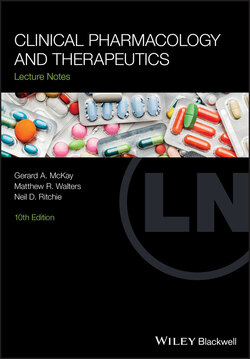Читать книгу Clinical Pharmacology and Therapeutics - Группа авторов - Страница 101
Drug treatment of common medical problems during pregnancy Infection
ОглавлениеUrinary tract infections are common during pregnancy. Penicillins and cephalosporins are the preferred treatment (subject to appropriate sensitivity testing), because these drugs have never been implicated in teratogenesis and are generally well tolerated. Nitrofurantoin is not harmful to the foetus but frequently causes nausea. Tetracyclines are contraindicated. Trimethoprim should be avoided in early pregnancy since it can possibly cause limb reduction and cleft palate.
Severe infections in pregnancy are rare. Aminoglycosides cause foetal eighth nerve damage, and the benefits of their use must be seen in this context. The risk is smallest with gentamicin and if indicated, the levels should be monitored closely. In the case of viral infection, including primary herpes simplex and varicella zoster, acyclovir is thought to be safe to administer in pregnancy. With regards to tuberculosis, present data suggest that the most commonly used agents including isoniazid, rifampicin, pyrazinamide and ethambutol are safe to use in pregnancy and the benefits of treatment of active tuberculosis outweigh any concerns of drug toxicity. Vitamin K should be given with isoniazid and rifampicin from 36 weeks to reduce the incidence of postpartum haemorrhage and haemorrhagic disease of the newborn. Due to concerns of hepatotoxicity in pregnancy with isoniazid, liver function should be monitored prior to treatment and at monthly intervals. Vitamin B6 should be given with isoniazid to reduce the risk of neuropathy. Streptomycin causes auditory damage in the foetus and is contraindicated in pregnancy.
